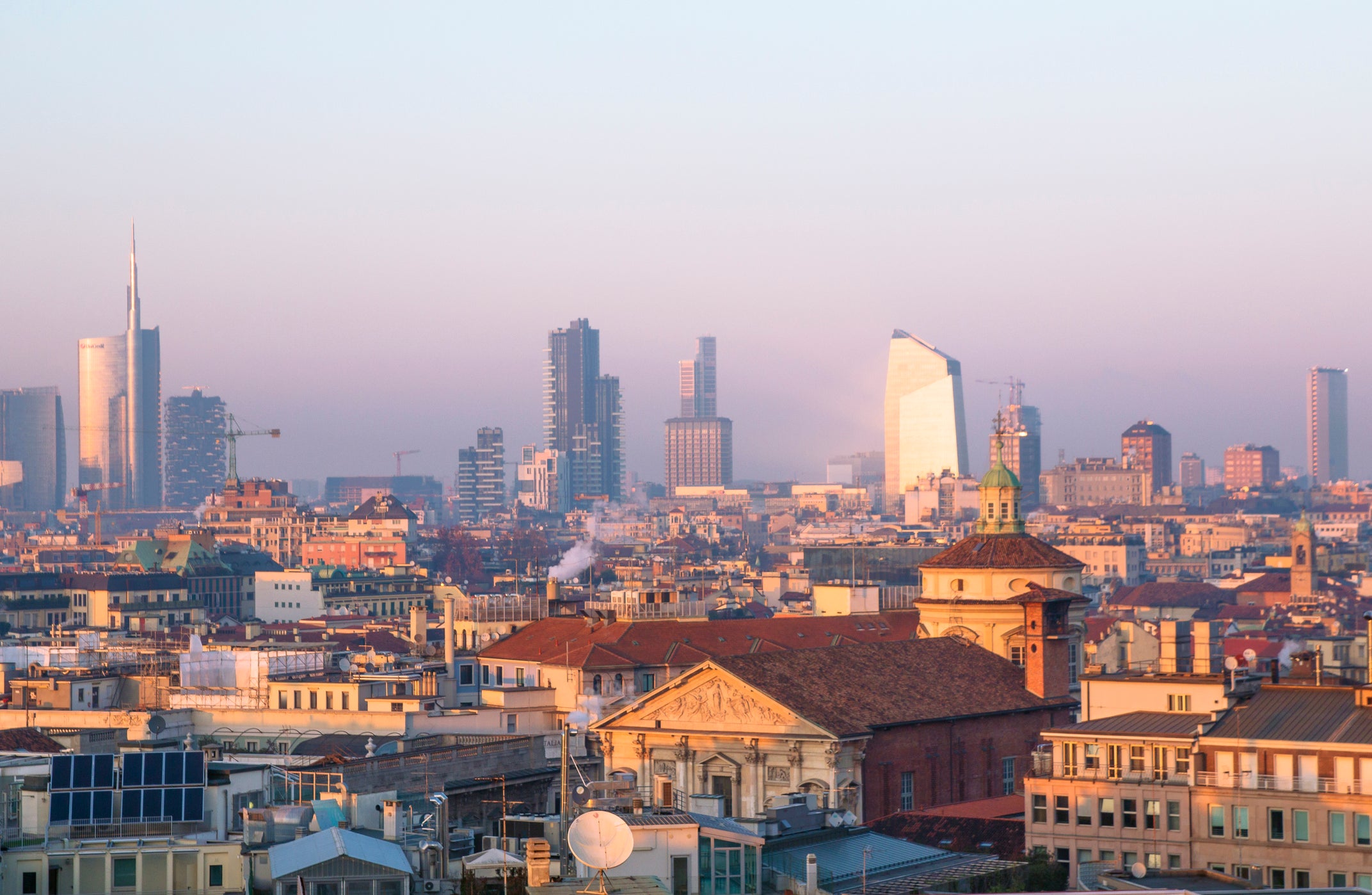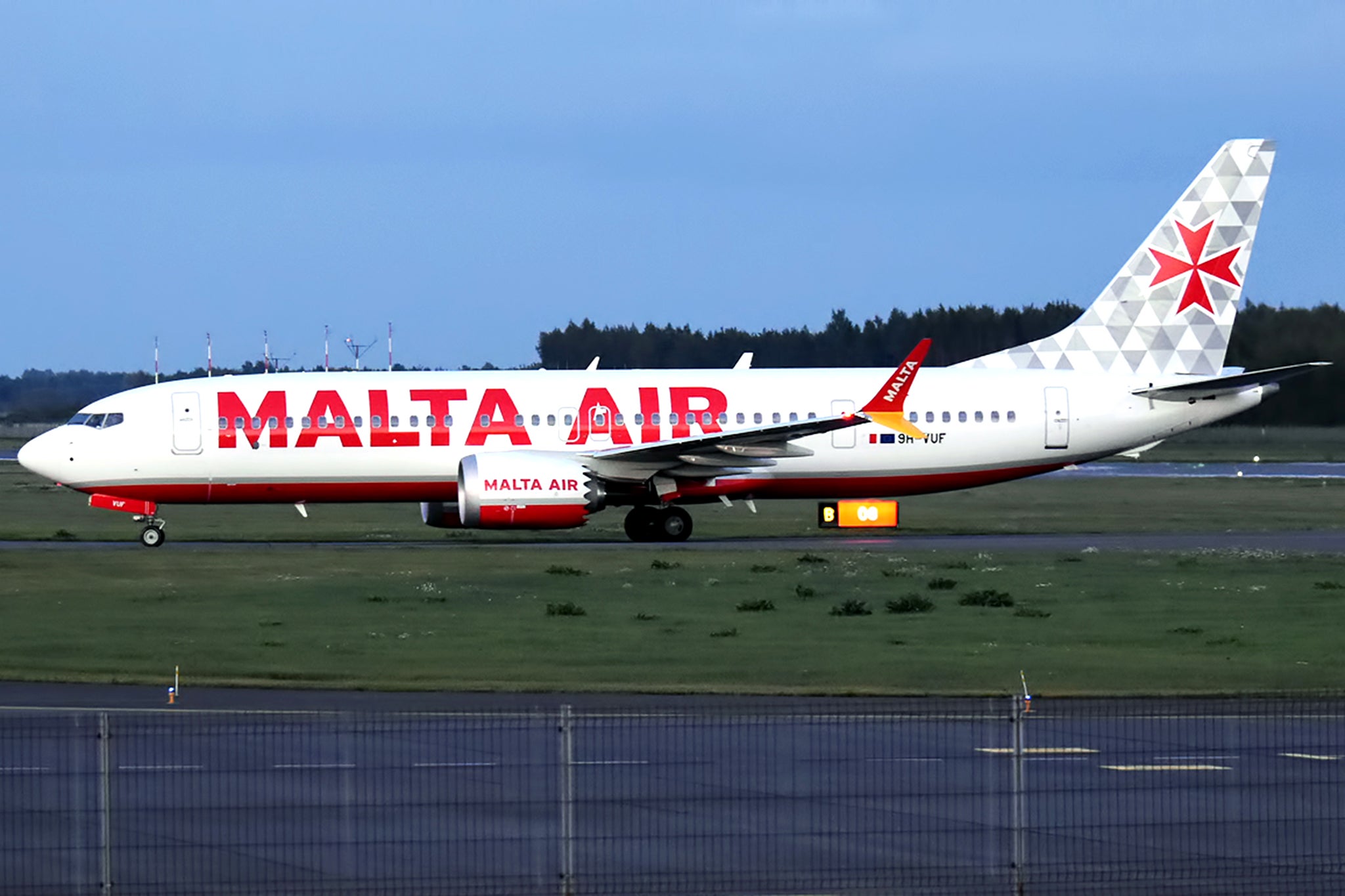Why are easyJet taking so long to reimburse me?
Simon Calder answers your questions on flight cancellations and passengers’ rights


Q Five weeks ago my easyJet flight to Milan was cancelled at less than five hours’ notice. It was the first day of the school holidays, so flights were jam-packed and nothing was available on easyJet for days. I called them and pointed out they were obliged to fly me on any available airline; they agreed that but said I had to pay myself and they would then look at my claim.
I forked out £650 for British Airways flights. Since then easyJet has paid me the £220 statutory compensation for the cancellation, but has yet to reimburse the BA tickets. Isn’t there a deadline for easyJet to reply to my claim – and shouldn’t easyJet have paid for the replacement flight in the first place?
Jo E
A While airlines’ obligations in the event of cancellations are clearly stated, actually getting them to comply in a timely fashion is another matter. Under European air passengers’ rights rules, a carrier that grounds a flight – for any reason – should set about finding, and paying for, an alternative. I see this as a crucial part of the rules, because otherwise there is clear discrimination against travellers who cannot afford to spend £650, as you did, on replacement flights.
Given that you did pay out, it is clearly incumbent on the airline to reimburse passengers in a timely fashion. But there are several obstacles. One is the scale of the disruption this summer: with British Airways and easyJet cancelling flights wholesale by the tens of thousands, an awful lot of passengers have issues to pursue. Next, with airlines still mired in debt as a result of the pandemic, they are in no great rush to pay out cash – and will want to ensure they have no option before sending payment. Finally, carriers know there is little chance of any action being taken against them and can therefore delay paying out with impunity. So, just be patient – and if the delay costs you a significant sum in interest, advise easyJet you will be adding it to the claim.

Q I’m planning to spend a few weeks in the Bahamas over Christmas. I was originally booked to fly out on 14 December. But British Airways has cancelled that flight and rescheduled it for a day earlier. This means I’ll have to pay for an extra day’s accommodation (which isn’t cheap). Can I claim the cost of the hotel from BA? I’m flight-only, not British Airways Holidays.
“Spursman”
A As background: British Airways is cancelling more than 12,000 flights over the next seven months, taking around 2 million seats off the market. The flight axe has fallen mainly on short-haul departures from London Heathrow to domestic and European destinations. But some intercontinental flights, such as yours, are also grounded. I imagine the bookings for services to and from the Bahamian capital, Nassau, in the first half of December are not as vigorous as BA would like. The airline would ideally consolidate two departures to Nassau into one without incurring any additional costs.
When passengers’ itineraries are “preponed”, as yours has been, your entitlement to recompense for additional costs is cloudy. European air passengers’ rights rules assume you will travel later rather than earlier, and say: “Passengers whose flights are cancelled should be able either to obtain reimbursement of their tickets or to obtain re-routing under satisfactory conditions, and should be adequately cared for while awaiting a later flight.”
However, I hope I can provide a useful alternative. When a British or EU airline cancels a flight, it cannot simply move your booking to another day. Those passengers’ rights rules, as interpreted by the UK Civil Aviation Authority (CAA), stipulate that the cancelling carrier must get you to your destination on the same day as originally booked if that is logistically possible – on any airline that will get you there.
The easiest way to proceed: invite British Airways to comply with the CAA by flying you to the Bahamas on the original date on Virgin Atlantic, which has an 8am flight from Heathrow to Nassau on 13 December. The current one-way fare is somewhere north of £2,300 – but that is BA’s concern, not yours. The airline may prefer to offer you another routing on your original day of travel, 14 December, on BA to Miami with a connection on American Airlines. Or it may choose to negotiate with you about paying for that extra night. Let me know how that discussion goes.

Q I’m currently planning a group trip from Dublin to Germany on Ryanair. However, some of the flights are operated by Malta Air and they seem to be in imminent financial trouble. In case of financial collapse, what happens with passenger bookings?
Mr Celtic
A I am happy to reassure you that Malta Air is part of the Ryanair group, and therefore the possibility of financial failure before you travel is vanishingly low.
The Ryanair group, like its rivals IAG and easyJet, is comprised of several airlines. Ryanair DAC is the Dublin-based main operation, which operates the bulk of flights.
Ryanair UK was set up as a result of Brexit to accommodate routes between the UK and points outside the European Union (easyJet had to do the same after the vote to leave the EU, with an Austrian-based subsidiary). Buzz, officially known as Ryanair Sun, is the airline group’s Polish operation.
The remaining two are both based in Malta: Lauda (which owes its name to the former racing driver Niki Lauda) and Malta Air. The main difference between the final pair is that Lauda has Airbus jets while Malta Air flies the Boeing 737 that is standard across the rest of the Ryanair group.
Assigning aircraft and crew across the group is a fluid operation, and passengers who thought they were buying a “regular” Ryanair flight may well find themselves on one of the subsidiaries. All of them are regulated and safe; as a group Ryanair is the safest in the world in terms of passengers flown without a fatal accident.
In terms of finances: during the coronavirus pandemic Ryanair has lost over £1bn, but the financial markets regard the airline group as an extremely good investment. I would have no concerns about booking.
To answer your final point, though, if you pay an airline direct with a credit card, then in the highly unlikely event the carrier fails before you travel, you should get a full refund.
Email your question to s@hols.tv or tweet @simoncalder
Join our commenting forum
Join thought-provoking conversations, follow other Independent readers and see their replies
Comments
Bookmark popover
Removed from bookmarks